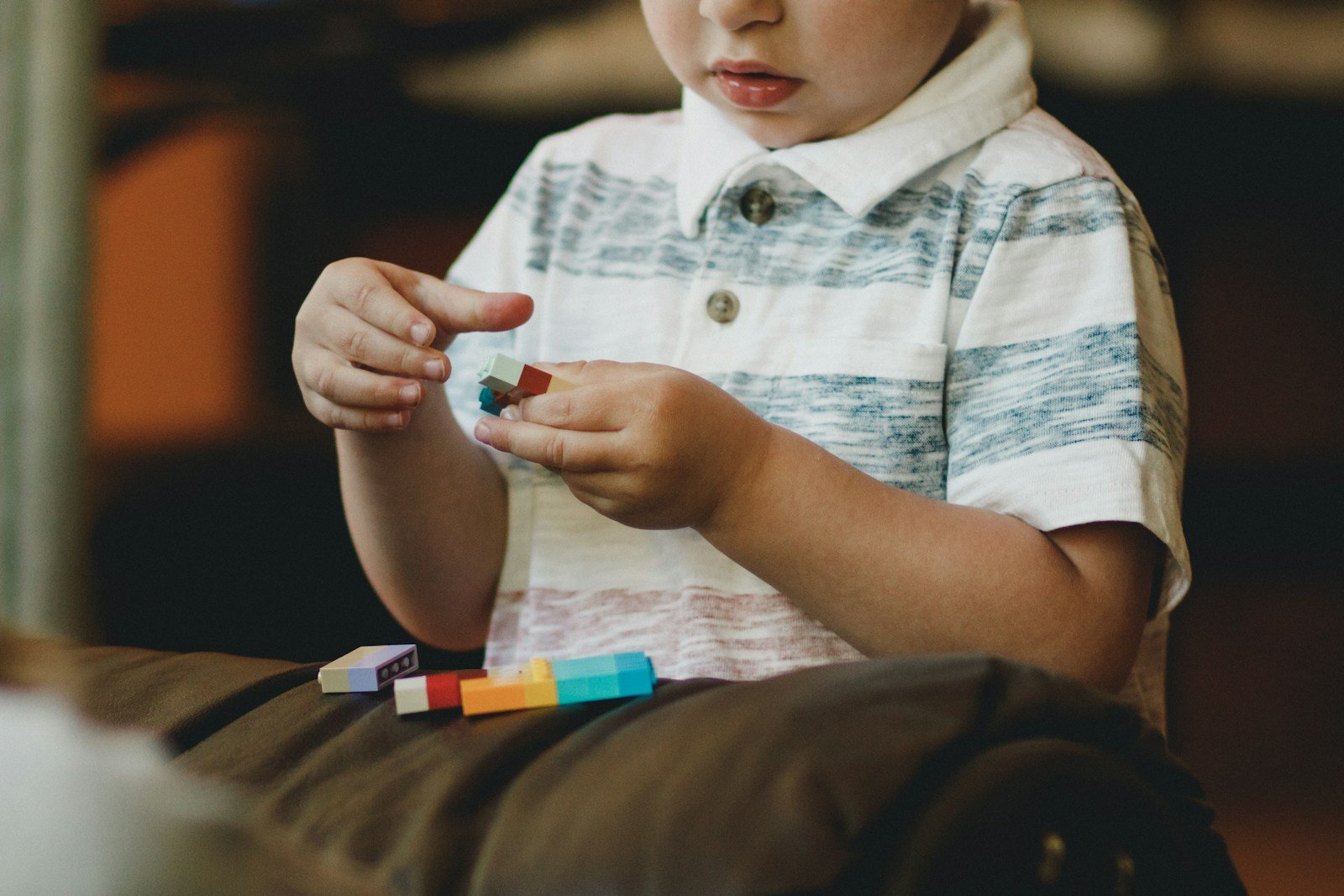Dealing with behavioral issues at home can be challenging for parents. Whether it’s tantrums, defiance, or other disruptive behaviors, it’s important to address these issues in a positive and constructive way. This guide will provide you with effective strategies for dealing with behavioral issues at home.
Understanding and Dealing with Behavioral Issues
Behavioral issues can manifest in many ways, including aggression, defiance, tantrums, and withdrawal. These behaviors can be a normal part of child development, but when they become frequent or severe, they can interfere with a child’s daily life and relationships.
Understanding the cause of these behaviors is the first step in addressing them. Behavioral issues can be a response to stress, frustration, or changes in a child’s life. They can also be a sign of underlying issues, such as learning disabilities, mental health issues, or developmental disorders.
Effective Strategies for Dealing with Behavioral Issues
Here are some effective strategies for dealing with behavioral issues at home:
Clear and Consistent Rules
Children need clear and consistent rules to understand what is expected of them. Make sure your rules are age-appropriate and clearly communicated. Be consistent in enforcing these rules to help your child understand the consequences of their actions.
Positive Reinforcement
Positive reinforcement involves rewarding the behavior you want to see. This can be more effective than punishing bad behavior. Rewards can be praise, a hug, a sticker, or a favorite activity.
Time-Outs
Time-outs can be an effective way to deal with disruptive behavior. They provide a child with a chance to calm down and reflect on their behavior. Make sure the time-out is age-appropriate – a good rule of thumb is one minute for each year of age.
Communication
Open communication is key in addressing behavioral issues. Talk to your child about their behavior and how it affects others. Encourage them to express their feelings and frustrations.
Modeling Good Behavior
Children often learn by observing the behavior of others. By modeling good behavior, you can show your child how to behave in different situations.
Seeking Professional Help
If your child’s behavior is causing significant problems at home or at school, or if your child is showing signs of a mental health issue or developmental disorder, it may be time to seek professional help. A mental health professional can provide a thorough evaluation and recommend appropriate treatment.
Conclusion
Dealing with behavioral issues at home can be challenging, but with patience, consistency, and the right strategies, you can help your child develop better behavior. Remember, every child is unique, and what works for one child may not work for another. It’s important to be patient and persistent, and to seek professional help if needed. With the right support, your child can learn to manage their behavior in a positive and constructive way.






